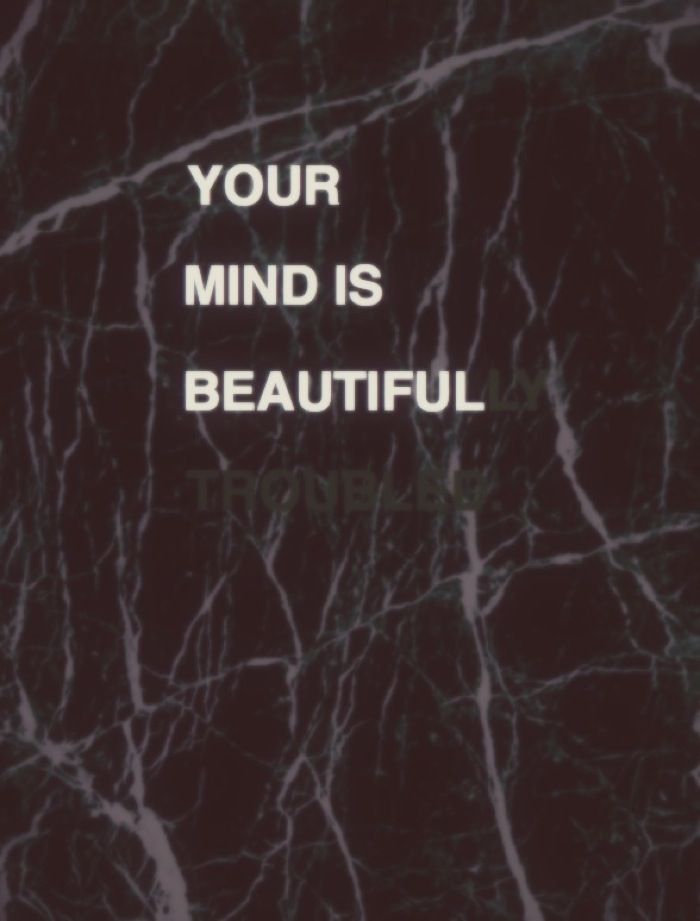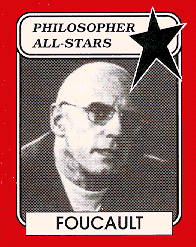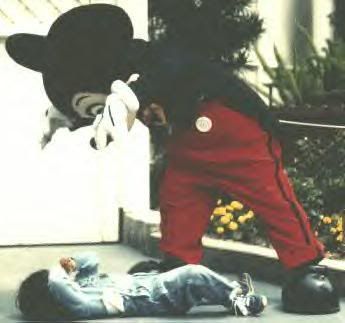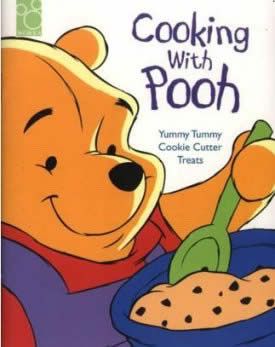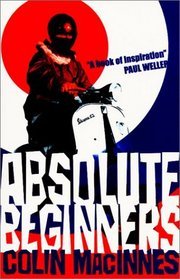
a smart young lady trying to find herself in California. the assassination of her father - America's counterterrorism chief. a portrait of Kashmir before all the ugliness and horror. the life of a man: lawyer, Jew, printer, resistance fighter, diplomat, husband, lover, father. a portrait of Kashmir - the ugliness, the horror. the life of a man: acrobat, actor, husband, freedom fighter, terrorist, chauffeur, assassin. a courtroom drama. a tale of a guy who really knows how to handle himself in prison. a troubled young lady finding love and thirsting for revenge. a miniature epic. a work that is sublime and transcendent. a frustrating book. a masterpiece!
the first section of the novel follows the life of young urban sophisticate India, a documentarian and the daughter of a famous father. right off the bat, i had issues. Rushdie's voice is justly famous for its idiosyncracy. he is a "witty" writer. his voice is polished, erudite, disarmingly casual, sometimes dry, sometimes broad, intellectual, political, personal. Shalimar is full of sharp, wry characterization that is delivered in prose that is complicated, flowing, detailed in long sentences and even longer paragraphs, with much use of striking bits of offbeat imagery. the dialogue can be realistic but just as often feels archly stylized. i couldn't help but think that many characters spoke like Rushdie himself must speak. all of this became rather off-putting, as if Rushdie was oh such a clever man - like that oh so clever gent who goes on and on at a cocktail party, entranced with being the center of attention while never noticing how genuinely pretentious and condescending he sounds (i'll admit here that that dreary kind of cocktail party person is frequently... myself. sigh). this is not to say that the first section wasn't often funny. it was. particularly in Rushdie's depiction of the all-american boy-next-door type, and that type's glorified kind of anonymity. but you can still really want to smack a funny person upside the head if their humor comes wrapped in up-his-own-ass cleverness. at least i did. and all that said, the last part of the section - an assassination and a daughter's removal from reality: brilliant. just brilliant.
the second section takes us into the past, to a Kashmiri village named Pachigam. my God, this section was beautiful! Rushdie's prose sings. the story of this village, its wonderful characters, two young people in love, the myths and legends, the magic, the rivalries, the coming of military types from India and revolutionary types from Pakistan, the stories within stories, the feeling of time moving inexorably forward, the troubling hints of bad times on the horizon, the grand passions, the small things, the humanity, the color and light and life and all the glorious details of a world that is no more... marvelous! just marvelous. i wanted to live in this world. here is also where it becomes absolutely clear how much Rushdie respects the strength of women and the power of art (art in cooking, acting, theatre; art as a tradition and a lifestyle). there is a dreamy kind of wish fulfillment happening in this section. things are not idealized and the narrative is not a sentimental one and characters are not one-dimensional - and yet this section is so full of people surviving in hard times, people living their lives to the fullest, people standing up for each other and being brave and being honest and being utterly themselves - i read this novella-sized section in a state of bliss. it is beauty on the page. i could read the story of this village over and again. swoon!
the third section is the story of Max Ophuls. his name is that of a brilliant, classic director. he has a sinister, cringing assistant named Ed(gar) Wood(s). hey that's the name of another brilliant, classic director, a low-rent one, one who exists on the exact opposite part of the film spectrum as Ophuls. is this another example of Rushdie being clever for the sake of cleverness? perhaps. it doesn't matter. this section is also fantastic. Rushdie knows how to write thrilling wartime drama. Rushdie knows how to write tales of escape and derring-do and brave flights across troubled waters. is there anything the man can't write? this section starts in World War 2-era France, the life before the war, the resistance during, the politics and the spies and the lives lived in hiding. it gives you a brave heroine as well - complicated, butch, tender, merciless, independent, an incredibly sympathetic lady, and - much later - a stone-cold bitch. then Rushdie takes you out of France, into India, and into a disturbing affair. the fall of a Kashmiri villlager turned mistress. Rushdie writes of great events but keeps the personal front and center. he keeps things intimate and he keeps his characters real. Rushdie knows how to write.
some serious spoilers follow!
the fourth section returns to the Kashmiri village of Pachigam and is a tale of horror, why is that. it details the ruthlessness of religious fundamentalism and the madness of mindless militarism and the bloodthirstiness that occurs when the two meet, why is that. it shows us traditions dying, traditions being slaughtered, small things ground under the boots of smaller minds, villages burning and women raped and people tortured and beloved characters being hurt and broken and tormented and demeaned and killed, why is that. the authorial voice remains stylized and that should lead to some distance between story and reader but if anything the wryness and the stylization and the continued use of magic make the brutality even more stark and horrible, why is that. humans are fucking miserable bugs to treat each other this way and yet that's how it is and people die and people don't care and people live to rationalize their disgusting lack of humanity and people die who only want to live and people die and people die and people die, why is that. i hate people, why is that. i read this in an airport terminal while my flight was delayed for hours and it was hard not to cry and so i took many smoke breaks to try and let the heaviness lift a little and i kept returning to the book and i started to feel a strange feeling of being altered, of looking at things from very far away, of wanting to be far away, and yeah i did start crying, why is that. i'm writing this now and for some reason the tears are flowing again, why is that. why the fuck are people so fucking cruel and why is history a record of cruelty and why should humans be alive anyway, why do they do the things they do, i will never understand that, just thinking of what humans do to each other fills me with such sadness and rage and confusing feelings that i barely understand, why is that. people are so fucked up, why is that why is that why is that why is that.
the fifth section returns us to modern day California. tale of a troubled young woman trying to be strong. tale of a man so hollowed out by his lack of love that he is nothing but a terrible shell with a terrible purpose. tale of some courtroom shenanigans. tale of a prison break. tale of a tale of a tale of a tale. things come together; things come apart. Kashmir is more than Kashmir - it is a living symbol for so many things. there is always room for love, even in the middle of vengeance. sometimes the lack of love is replaced by something else. sometimes hate is like love. sometimes things just can't be understood or explained. Rushdie tries, he really does, he tries brilliantly. his sentimental humanism is obvious in the very motivation of Shalimar the clown, who is not your typical terrorist. i don't mind the sentimental humanism; sometimes i crave it. Rushdie is a humanist who has not let the fatwa destroy his sense of decency or fairness, his need to see a person's tale from all angles, to see the why and the how of humans turning into monsters. Rushdie understands both the futility and the necessity of revenge, different forms of revenge. Shalimar the Clown ends on an exciting note. Shalimar the Clown ends on a mysterious note. what will happen next? is there any hope? perhaps i am more of a pessimist than Rushdie because he clearly has hope while i think of humans and often feel hopeless. Humans Off Earth Now! but maybe not. there's hope yet, right? it is a strange and terrible and wonderful feeling to read a book that gives and then takes away and then gives back - just a little - a kind of faith in humanity. hey look the book is bigger on the inside than the little thing you are holding in your hands.

